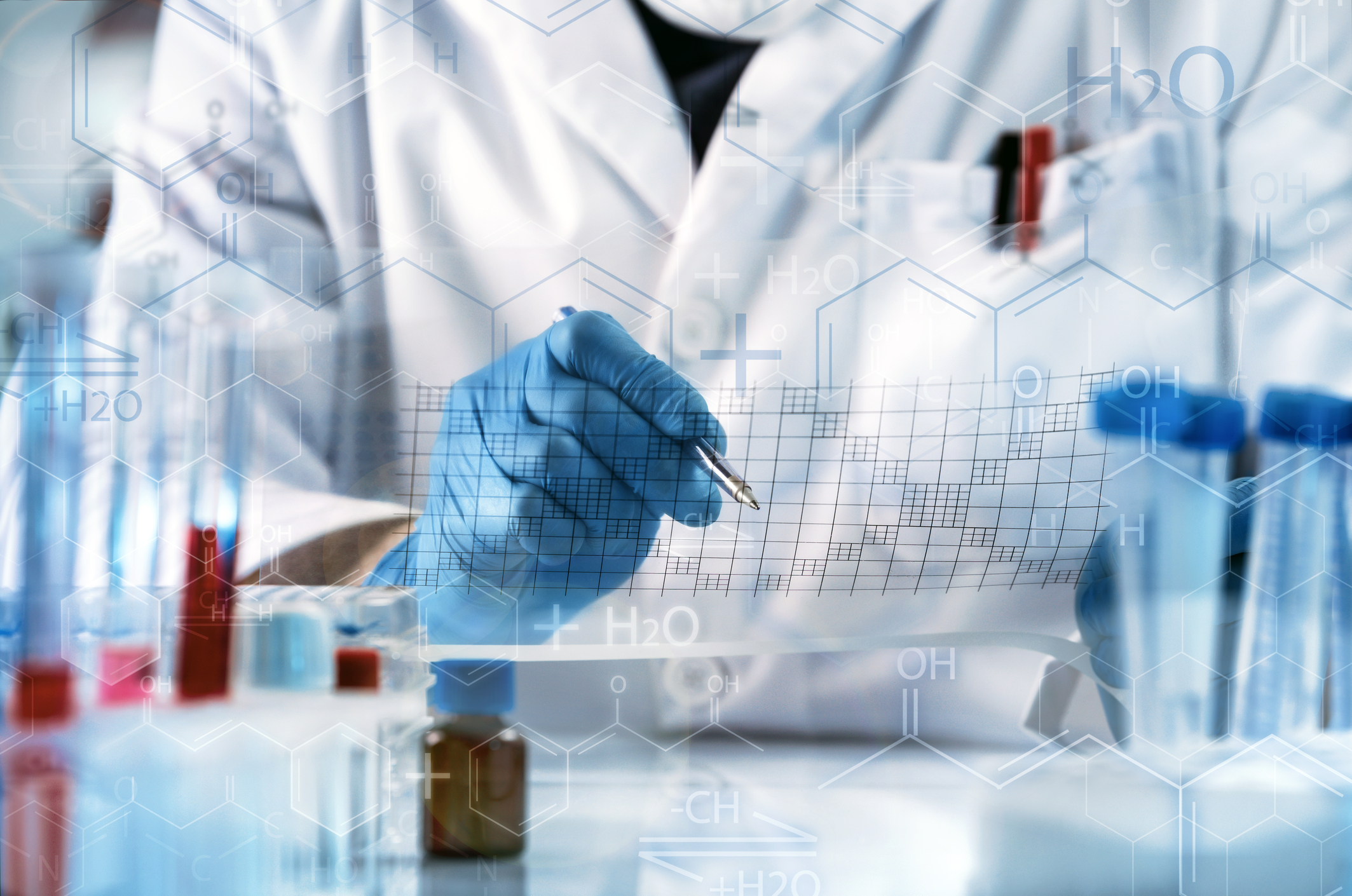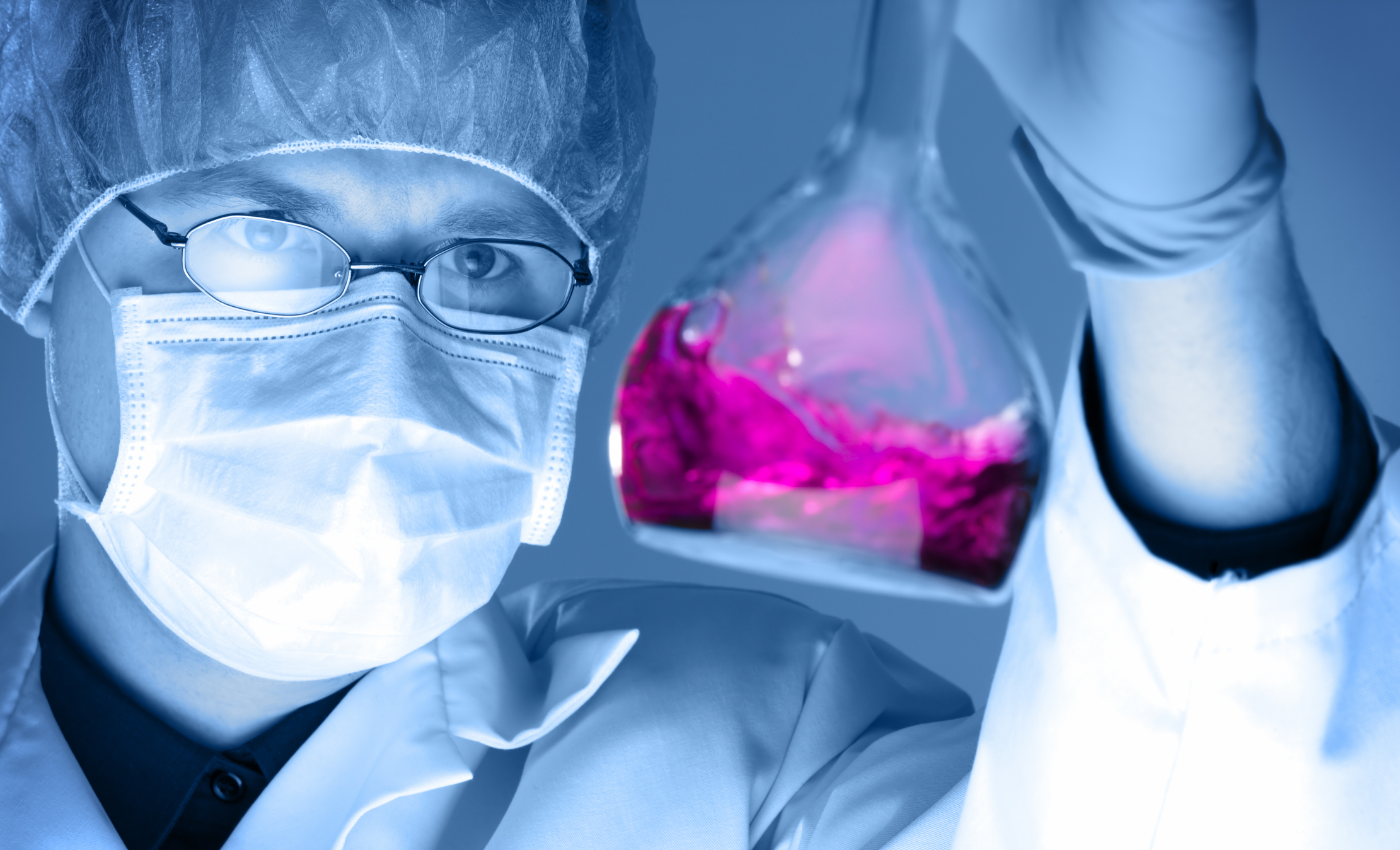DNA Damage and Genetic Mutations: How Alcohol Causes Cancer
Do you ever stop to think about how that one glass of wine, bottle of beer, or fruity, vodka-infused cocktail might be affecting your DNA? A team of researchers from the United Kingdom recently published their findings in the journal, Nature, of how alcohol damages chromosomes and mutates stem cells, which can lead to an increase in the development of seven different types of cancer. Curious about their results? Find out what you need to know now:
The Research

Researchers at the Wellcome Trust Sanger Institute, the MRC Laboratory of Molecular Biology, and the University of Cambridge in the United Kingdom, were able to effectively study how alcohol damages DNA chromosomes and mutates stem cells. Their findings proved that alcohol can inadvertently increase a patient’s risk of developing several types of cancer at some point in their lifetime. In the UK alone, scientists have been able to conclude alcohol contributes to over four percent or 12,000 cases of cancer a year they can link directly to alcohol consumption.
How does alcohol consumption relate to cancer? Keep reading to find out how the experiment was conducted and what cancers are connected to alcohol consumption.
The Experiment

Previous research scientists have done specifically looked at the ways alcohol causes cancer, with an emphasis on studying cell cultures. However, in this recent study, scientists have used mice to show how alcohol consumption can lead to permanent genetic damage and mutation of the cells. They gave ethanol - a diluted alcohol - to mice and used a chromosome analysis and DNA sequencing to explore how and why genetic damage is caused by acetaldehyde, which is a toxic chemical the body produces when it processes alcohol.
What evidence did the researchers find indicating alcohol causes cancer? Learn more about their findings now.
